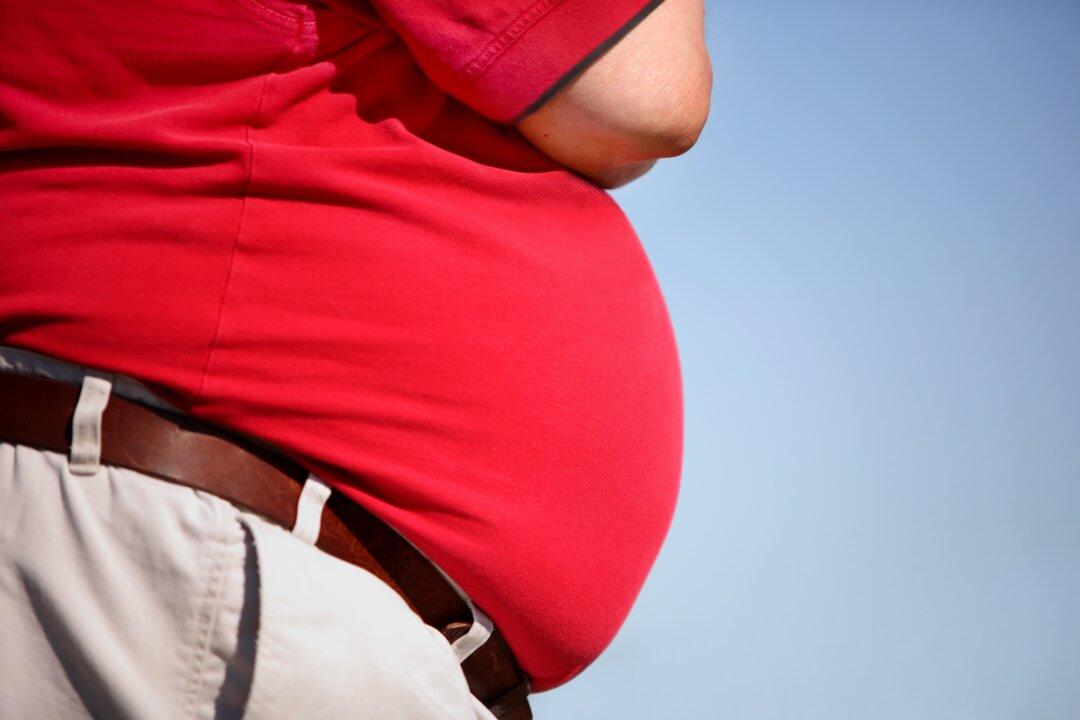New research from Western Australia has found that while expectant fathers are younger and reported fewer unhealthy lifestyle behaviours such as smoking and drinking, they had similar rates of overweight and obesity to the national average.
Of the 498 expectant fathers examined between October 2017 and March 2020, 76 percent were overweight or obese. Meanwhile, 62 percent had a waist measurement of over 94 centimetres, an indication that there is fat stored deep inside the belly, around the organs.





